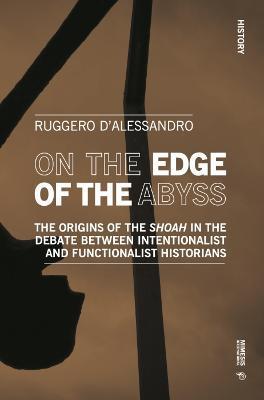On the Edge of the Abyss: The Origins of the Shoah in the Debate Between Intentionalist and Functionalist Historians

On the Edge of the Abyss: The Origins of the Shoah in the Debate Between Intentionalist and Functionalist Historians
PRP: 210.15 Lei
Acesta este Pretul Recomandat de Producator. Pretul de vanzare al produsului este afisat mai jos.
178.63Lei
178.63Lei
210.15 LeiLivrare in 2-4 saptamani
Descrierea produsului
Detaliile produsului









